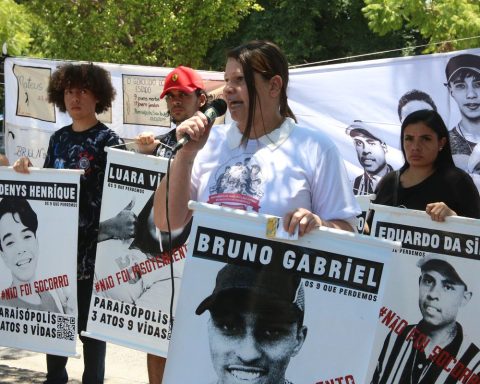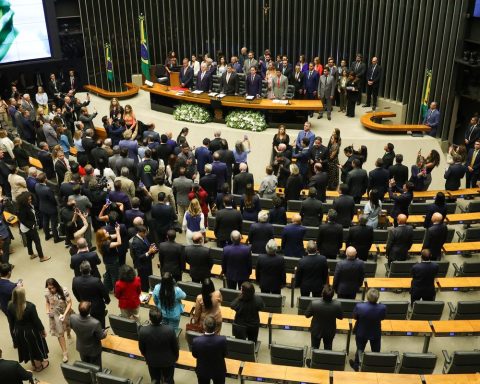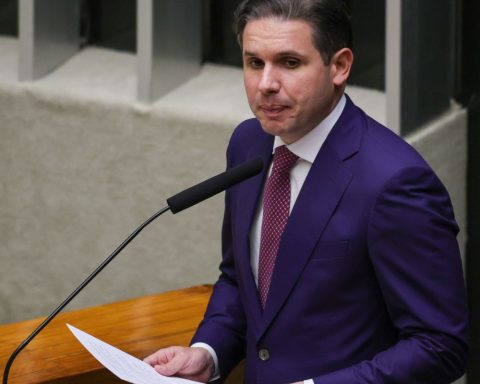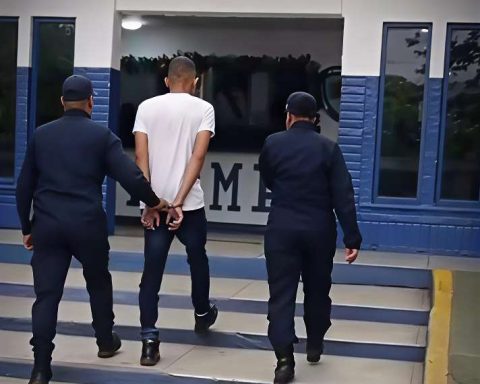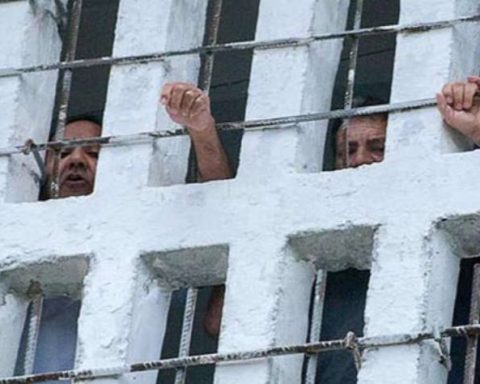The President of the Superior Court of Justice (STJ), Minister Maria Thereza de Assis Moura, granted the request of the National Bank for Economic and Social Development (BNDES) and reestablished the progress of the action that deals with the payment of a fine of R$ 10.3 billion by the J&F group. The minister’s decision is dated November 23. A previous decision, by the Federal Regional Court of the 1st Region (TRF1), had determined the suspension of the progress of the revisional action of the billionaire fine agreed in the leniency agreement between J&F Investimentos S/A and the Federal Public Ministry (MPF).
By granting the request, the minister noted that the questioned decision compromised public order by generating uncertainty about the binding force of leniency agreements. “Don’t even mention the deleterious consequences for the specific case of the file, when pecuniary sanctions will no longer be honored simply because it is discussed, in parallel, whether or not the beneficiaries should participate in the ongoing revisional action still in the first instance of the Federal Court of the Federal District “, he added.
Understand
In June 2017, J&F entered into a leniency agreement related to facts found in the Greenfield, Sépsis, Cui Bono (Lava Jato) and Carne Fraca Operations, by which it undertook to contribute to the investigations and pay a fine of R$10.3 billion , intended for several injured institutions, including the BNDES, Caixa Econômica Federal, the Federal Economists Foundation (Funcef), the Petrobras Social Security Foundation (Petros) and the Union. The BNDES would be responsible for R$ 1.75 billion. However, after having voluntarily signed the agreement, J&F alleged illegalities in the calculation of the fine and filed a review action for the amount. The 10th Federal Criminal Court of the Federal District authorized the company to present judicial guarantee insurance until the final judgment of the action. Subsequently, the same court granted entry into the records of two recipients of fine payments, Petros and Funcef.
Then, J&F filed an interlocutory appeal at TRF1, questioning the entry of the two entities, and the court, considering plausible the thesis that Petros and Funcef had no legal interest in being admitted as MPF assistants, granted the request to suspend the processing of the review action until the final judgment of the appeal.
The BNDES then filed a request for the suspension of the TRF1 decision at the STJ, pointing to a serious injury to public order. According to the bank, “the original action is suspended, with no forecast of its resumption, and, meanwhile, payments of the installments of the fine provided for in the leniency agreement are paralyzed awaiting its continuation”. This request for suspension is what was accepted by the president of the STJ in the new decision.
force of law
Minister Maria Thereza de Assis Moura highlighted that leniency agreements should receive special attention and protection from the justice system, in view of the positive results they have brought to the national legal order.
“It must be considered, above all, that its bases are based on the voluntarism of legal entities that, involved in unlawful acts, undertake to break with these conducts, recognize their responsibilities, collaborate with the identification of others involved and seek to repair the damages caused,” he said.
In view of this, noted the judge, the validity and force of the terms agreed in the leniency agreements must be protected, “avoiding prolonged and endless discussions of possible questionings in court after their conclusion”.
The minister pointed out that one of the legal consequences of the leniency agreement is full compensation for the damage caused, which, in the analyzed case, is represented by the fine imposed on the J&F group.
wanted by Brazil Agency J&F said it will not comment on the matter as there was no decision on the merits.

